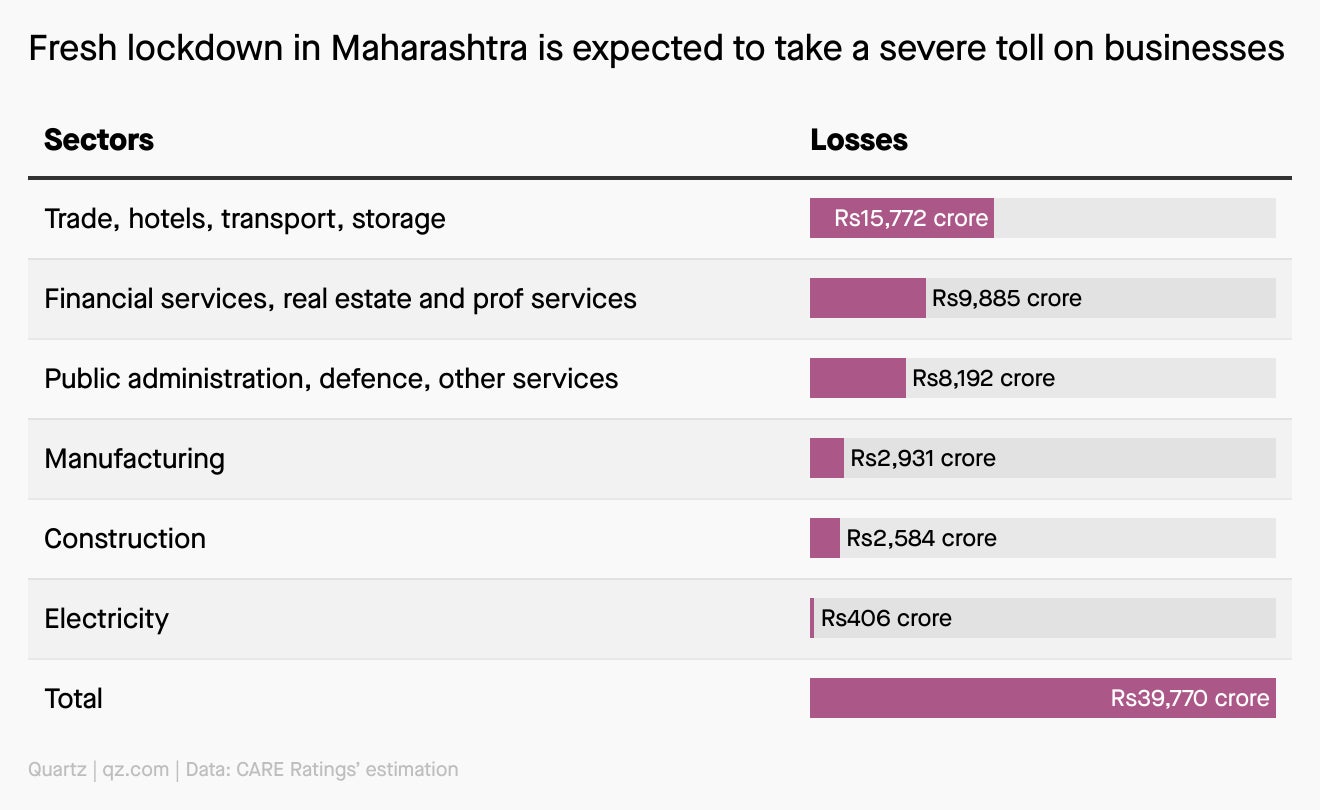Olympic updates, AstraZeneca review, bunny handstands
Good morning, Quartz readers!


Good morning, Quartz readers!
Here’s what you need to know
G20 finance ministers meet virtually today. They will decide whether or not to continue freezing poor countries’ loan repayments and expand the IMF’s emergency reserves.
The IMF expects the global economy to grow 6% in 2021. The US and China, with projected GDP growth of 6.4% and 8.4% respectively, will be key drivers of the recovery.
The EU will address concerns around the AstraZeneca shot. At 4pm CET the European Medicines Agency plans to unveil the findings of its review into possible links between the vaccine and rare cases of blood clots.
The US denied it was considering a boycott of Beijing’s 2022 Winter Olympics… A State Department spokesman earlier said a joint diplomatic boycott could be one response to China’s human rights abuses.
…while Japan canceled its leg of the Olympic torch relay. Covid-19 cases are rising in the city of Osaka and vaccinations are lagging behind. The Tokyo Games begin in 15 weeks.
Toshiba could go private. The Japanese industrial conglomerate, hobbled by a protracted financial crisis, received a $20 billion buyout offer from private equity firm CVC Capital Partners.
The left won Greenland’s snap election. The Inuit Ataqatigiit party got 37% of the votes. It opposes a rare earths mining project with major geopolitical and economic implications.
Brazil’s Covid-19 deaths crossed 4,000 a day. An overwhelmed health system recorded the country’s highest daily death toll yet. Brazilian president Jair Bolsonaro has often downplayed the seriousness of the disease.
What to watch for
Given the current state of the cruise industry, Carnival’s quarterly earnings report today may not provide much cause for celebration. The company also just announced it’s canceling all trips from US ports through June 30. But the coming months could see smoother sailing: the US Centers for Disease Control and Prevention issued new guidance Monday that ships won’t need to require vaccines to restart cruising, and investors are optimistic, despite there being no firm date for when that might happen. Here’s what to expect from cruises this year:
🛳 Vaccine requirements will vary. Norwegian Cruise Line plans to make jabs mandatory for passengers and crew in the US, while Carnival says it has no stance. At least some Mediterranean cruises, meanwhile, will require vaccinations.
🛳 Cruises to nowhere will still be popular. P&O Cruises is launching a port-less route up the UK coast this summer, and Royal Caribbean has extended its sailings out of Singapore.
🛳 Some ports will have new restrictions. Venice plans to bar ships from the historic city center to ease traffic and pollution, something locals have long asked for.
Track the economic impact of the pandemic—and the recovery—on travel and other industries with the coronavirus living briefing.
Charting the cost of India’s latest lockdown
On April 5, Maharashtra—India’s richest state and home to financial hub Mumbai—entered a strict lockdown, with malls, cinema halls, and salons ordered to shut until April 30. On weekends, residents may only leave their homes for emergency purposes.
This disruption to businesses is estimated to chip off Rs40,000 crore ($5.4 billion) from India’s GDP during the current financial year that ends in March 2022, writes Prathamesh Mulye. Maharashtra contributes around 15% to India’s GDP.

The future of US retail
An estimated 80,000 retail stores in the US will close in the next five years, according to a forecast by investment firm UBS. Some types of stores—particularly those most threatened by e-commerce alternatives—are likely to be hit much harder than others, writes Marc Bain.

Stores are under more pressure than before to justify their existence. Many will need to become more than just a place to buy things, perhaps acting as showrooms for customers to see and test products or providing immersive branded experiences. And many will need to find ways to work with e-commerce, not despite it.
✦ E-commerce has been nipping at the heels of physical retail for a long time, thanks in no small part to one company (spoiler alert: it’s Amazon). Read more in our field guide to Jeff Bezos’s legacy. Got a Quartz membership in your shopping cart but not ready to check out just yet? Try it for free.
Surprising discoveries
The UK Treasury owns a stake in a hipster record label. Covid-19 support programs have left taxpayers with ownership in an assortment of companies.
Film students are making movies with AI-generated scripts. Their short films use AI software designed to combat writer’s block.
Lockdowns lit up the night sky in the UK. People saw more stars this February than they had since 2013.
French rabbits are excellent at handstands. That’s thanks to a genetic mutation in a bunny variety known as the “sauteur d’Alfort.”
The US government will pay $500,000 for a better face mask. It’s sponsoring a design competition meant to make masks more comfortable and effective.
Our best wishes for a productive day. Please send any news, comments, jazz records, AI scripts, and cruise itineraries to [email protected]. Get the most out of Quartz by downloading our iOS app and becoming a member. Today’s Daily Brief was brought to you by Annabelle Timsit, John Detrixhe, Mary Hui, Tripti Lahiri, Sarah Todd, and Liz Webber.